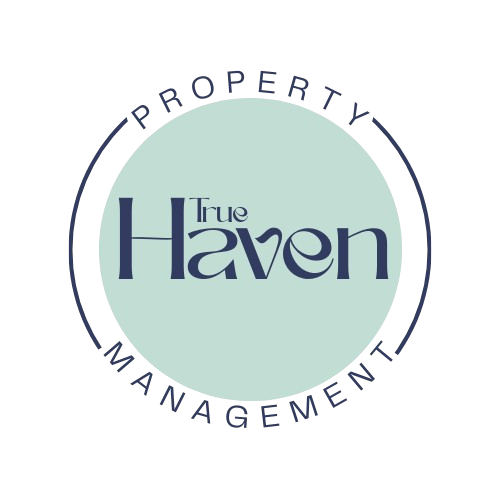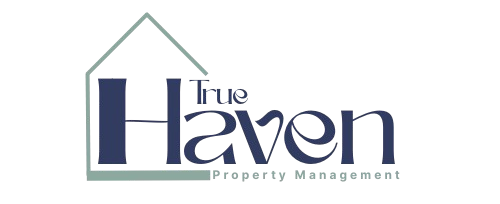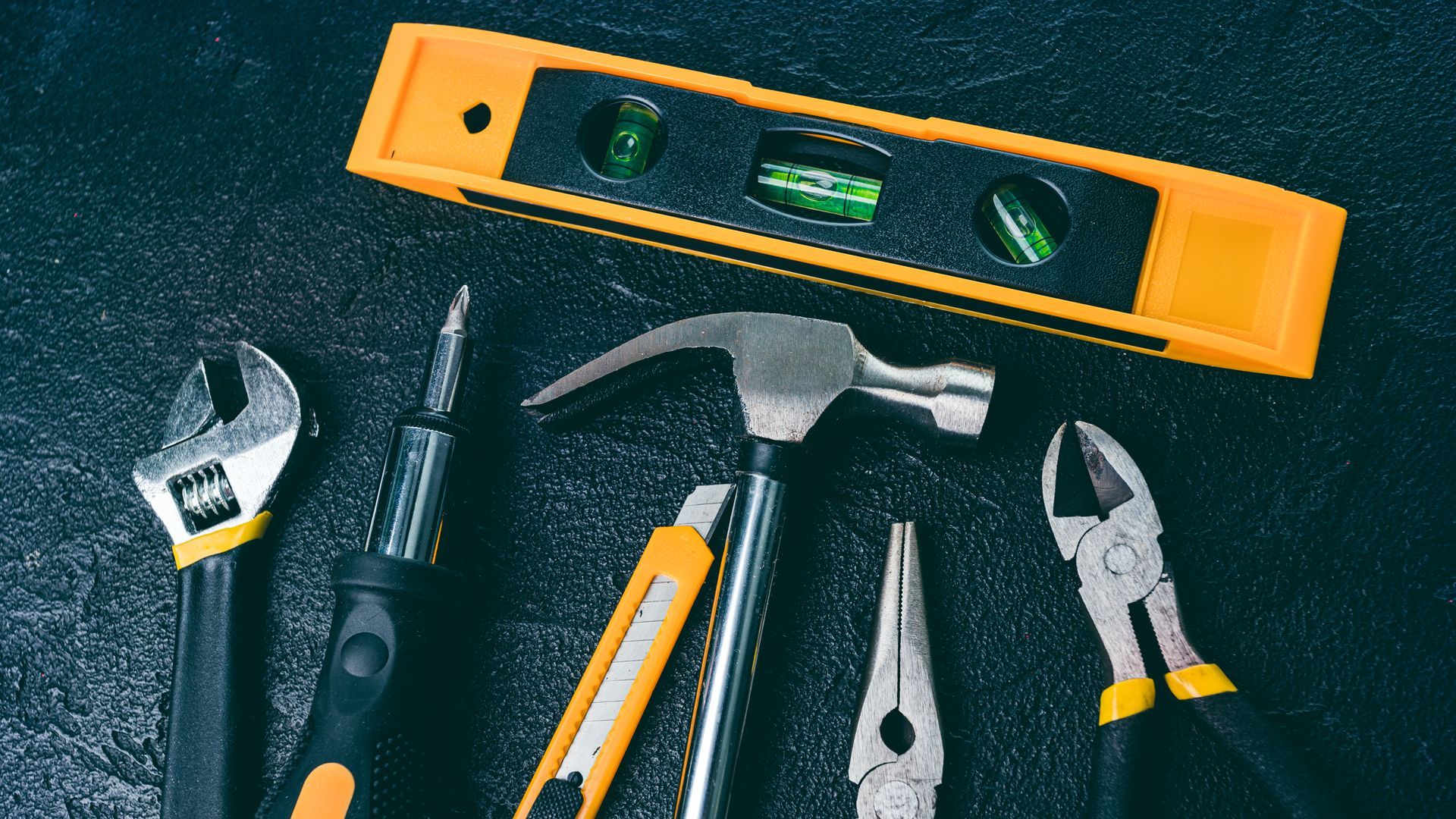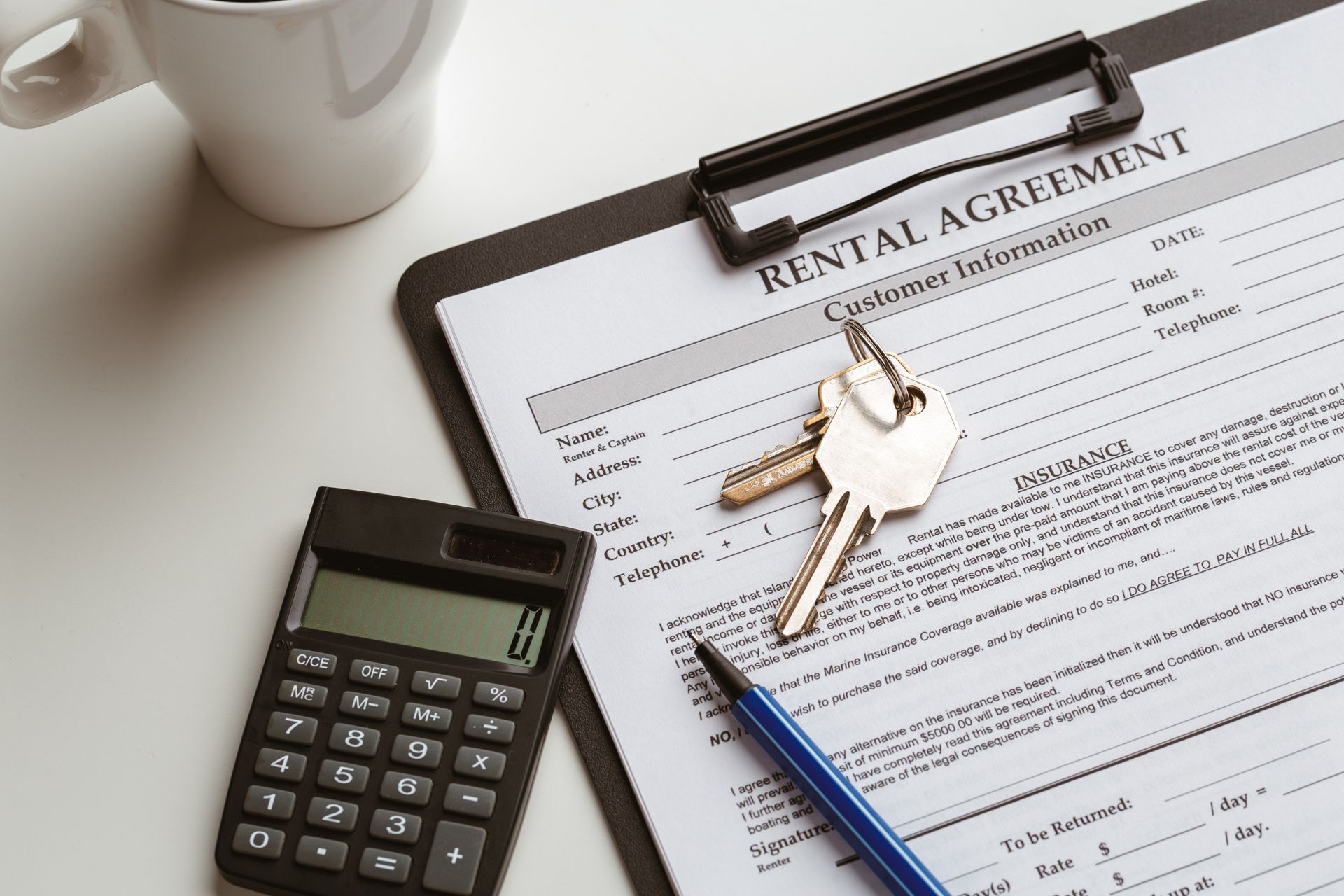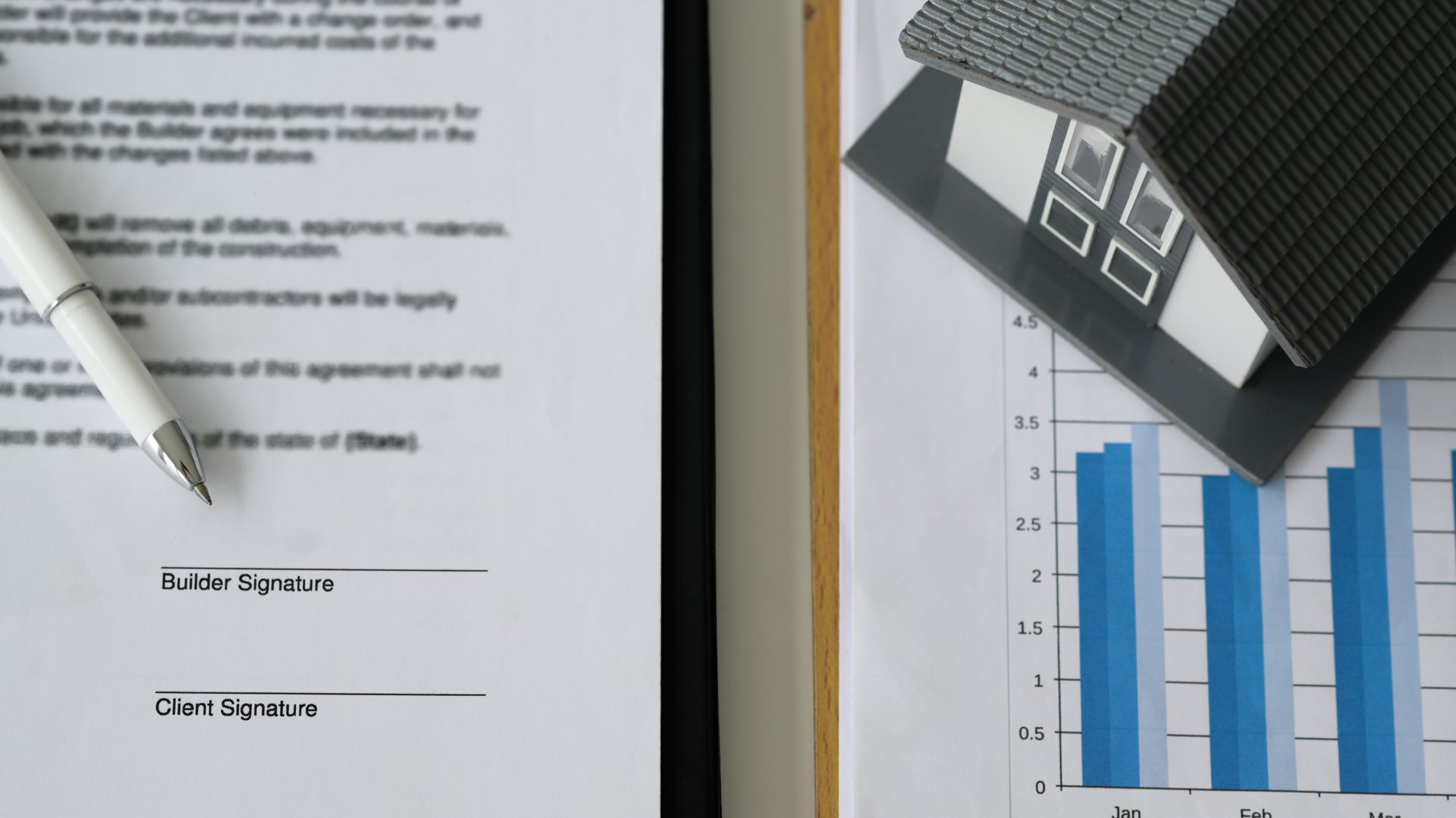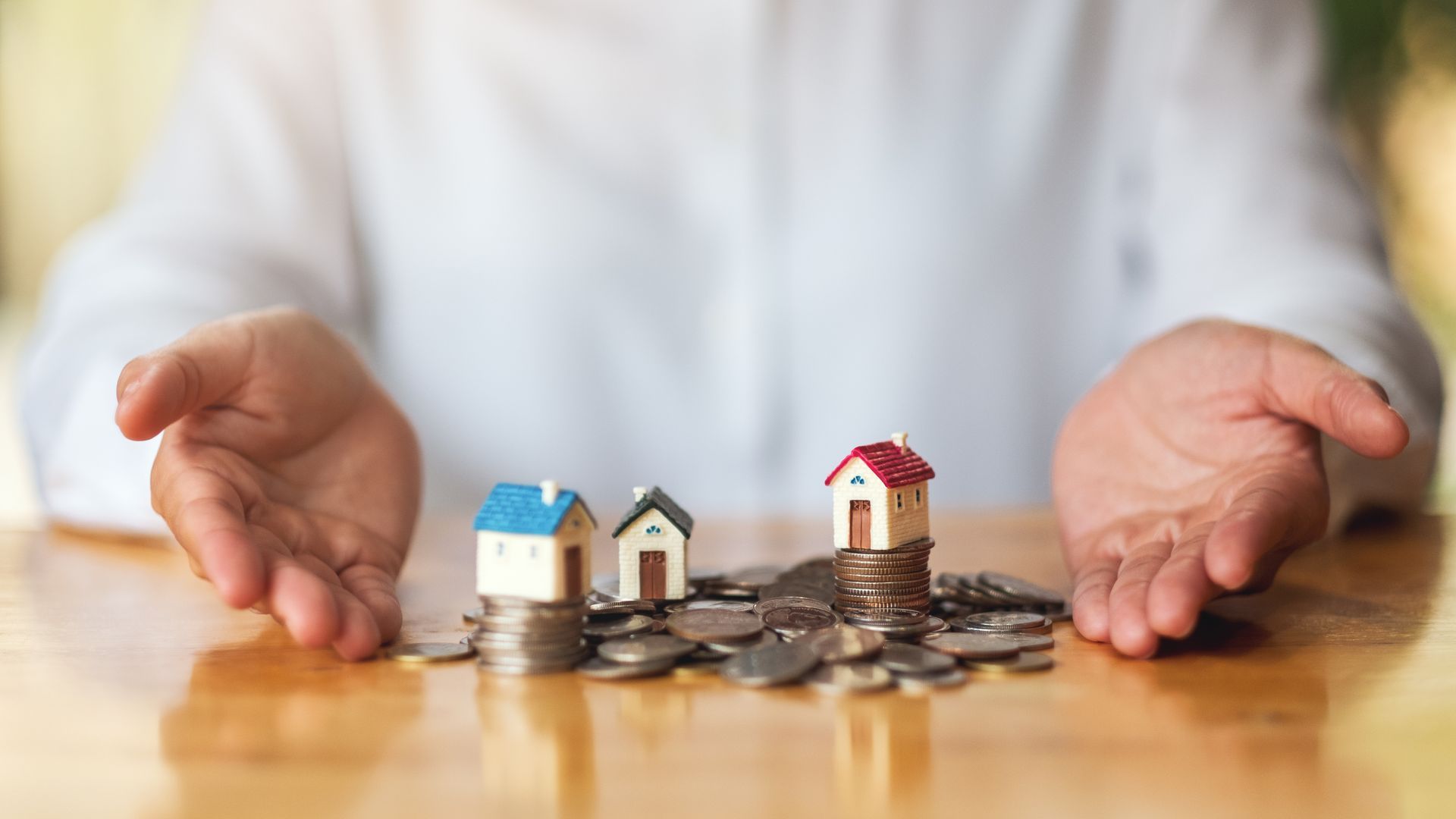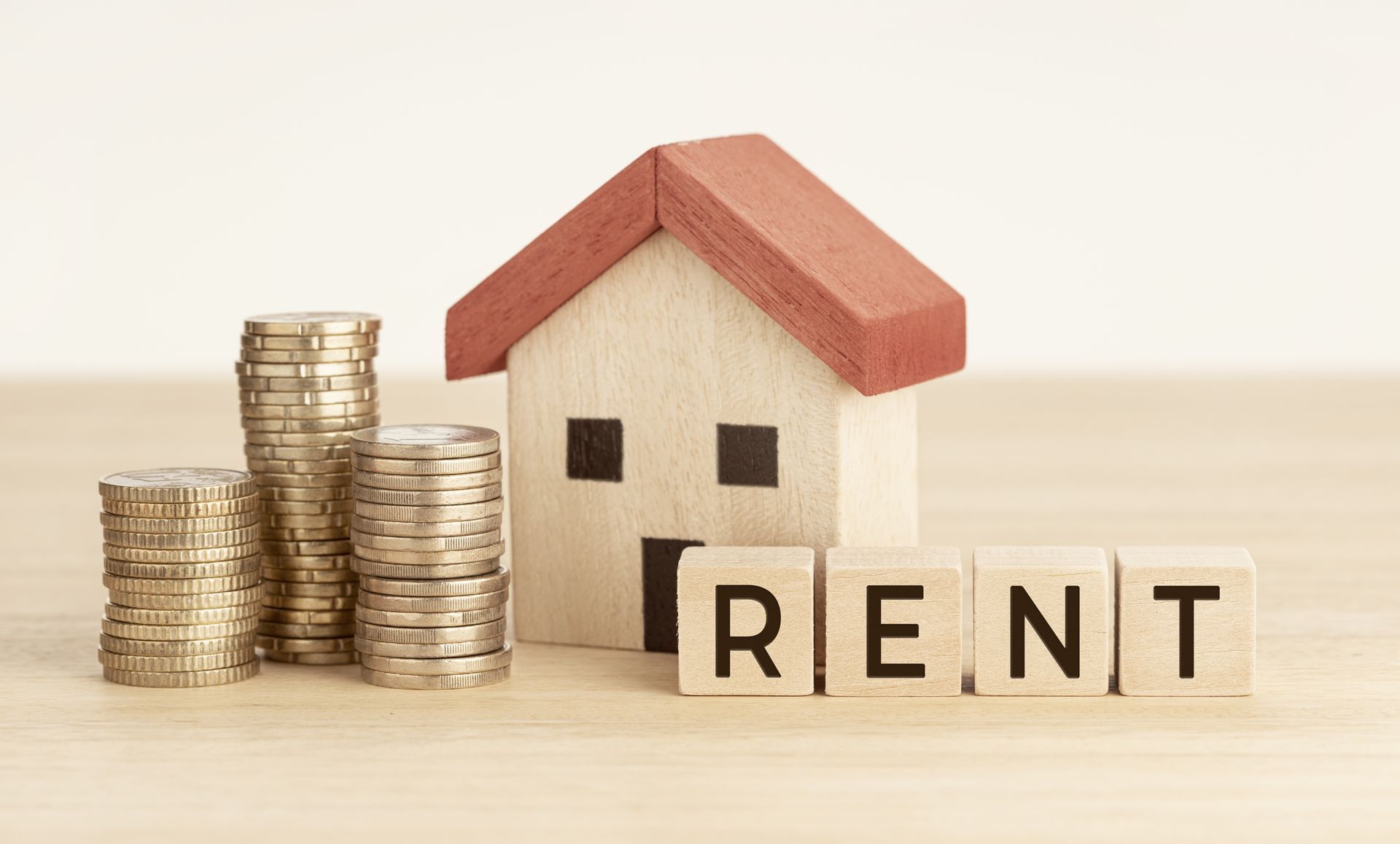California Landlord Responsibilities: Habitability & Repairs Explained
As a California landlord, maintaining a safe, livable, and legally compliant rental property is not just a best practice — it's the law.
In this post, we’ll break down your legal responsibilities under California’s habitability laws, what counts as required maintenance, how to avoid common pitfalls, and what can happen if you don’t meet these obligations.
What Is “Habitability” in California?
California Civil Code § 1941 outlines what’s called the “Implied Warranty of Habitability.” This means that every residential rental property must remain fit for human occupation throughout the lease.
Key Habitability Requirements:
To comply with the law, landlords must maintain:
- Effective waterproofing and weather protection
- Functional plumbing and heating
- Hot and cold running water
- Safe and up-to-code electrical systems
- Sanitary conditions free from pests
- Secure locks on doors and windows
- Working smoke and carbon monoxide detectors
Note that these are not optional. These are non-negotiable legal requirements.
What About Amenities Like A/C or a Fridge?
While items like air conditioning or a refrigerator may not be legally required to meet basic habitability standards, if you include them in the rental, you are generally responsible for maintaining them.
If an HVAC system, for example, was working when the tenant moved in and is part of the lease, you must keep it operational, unless your lease contains very specific, legally sound disclaimers (which is rare for major systems).
Failing to maintain these systems could be considered:
- A reduction in housing services
- A breach of the lease agreement
The Repair Process: Communication and Timeliness
The law doesn’t expect landlords to be omniscient. Tenants must first notify you of any necessary repairs.
Once you’re notified, you are typically expected to address the issue within a “reasonable time,” often defined as:
- 30 days for general repairs
- Less time for urgent health or safety risks
DIY vs. Professional Repairs
While you might be able to fix minor issues yourself, major repairs should be handled by licensed, insured professionals. This includes:
- Plumbing
- Electrical
- Roofing
- HVAC systems
Improper repairs can worsen the issue and expose you to legal liability.
What Happens If You Don’t Make Repairs?
Ignoring habitability issues after receiving proper notice from a tenant can trigger serious consequences, including:
- “Repair and deduct” remedies (within legal limits)
- Rent withholding (via specific legal procedures)
- Lawsuits for breach of contract or habitability
- Code enforcement complaints
In short, failure to act can cost you far more than the repair itself.
Don’t Let Repairs Turn Into Risk
Maintenance and habitability issues are not just inconveniences, they can become legal liabilities. If you want peace of mind, let our expert team handle the hard work.
Download our Free Guide to landlord best practices
Request your Free Rental Analysis to see if your current process is legally sound
At True Haven, we make property maintenance simple and stress-free for landlords. Let’s talk about how our expertise can keep you compliant and protect your investment.
